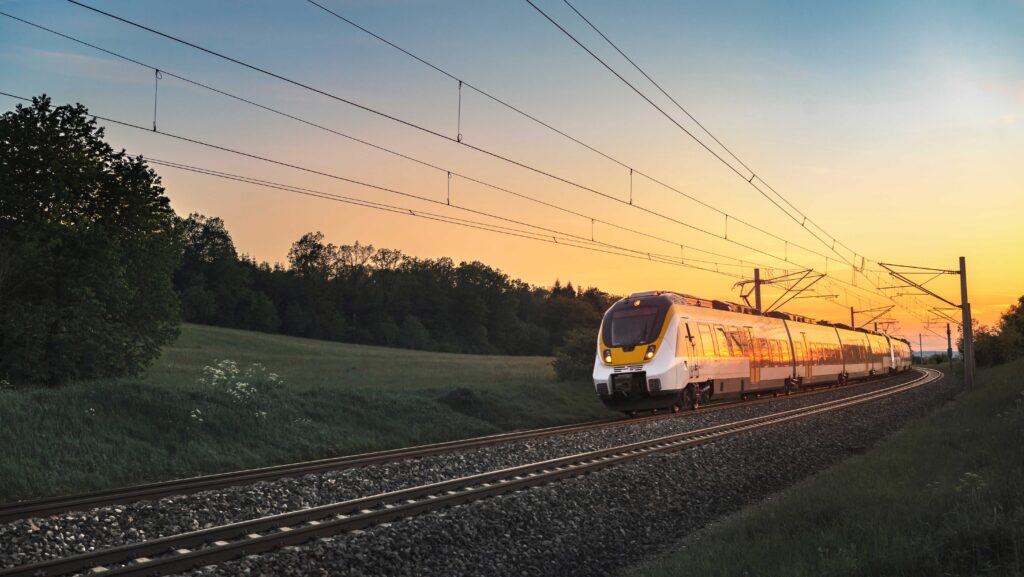Planned rail route threatens nature-rich farmland, says charity
 © Adobe Stock
© Adobe Stock Plans to build a railway line across regeneratively farmed arable land have been described as a “crime against the countryside”.
The Countryside Regeneration Trust (CRT) has hit out at the East West Railway Co for the route it has earmarked connecting Bedford with Cambridge.
The conservation charity says ecological surveys have been inadequate and the proposed line risks endangered species and specialist farmland birds such as the skylark.
See also: Farmers forced to sell up by HS2 need clarity
The rail firm, however, says it is committed to delivering 10% biodiversity net gain (BNG) along the route, one that offers an “environmentally sustainable solution”.
The spat revolves around farmland at Lark Rise Farm in Westfield, Cambridgeshire, which the CRT says is “nature rich”.
Sue Everett, who chairs the charity’s board of trustees, said: “These plans will destroy farmland effectively managed as an agricultural ‘nature reserve’ for specialist farmland birds and other endangered species for the past 24 years.”
Surveys
Surveys by the rail company have already considered habitats, hedgerows, bats, kingfishers, otters and water voles, but Ms Everett says there is deep concern about the quality of these.
She suggests that the CRT’s own assessments conflict with their findings, instead demonstrating that the site is an oasis for wildlife.
Ms Everett is also unimpressed by the rail company’s plans for ecological compensation sites, suggesting that they won’t be beneficial to existing species.
“Farmland birds, for example, need open fields to thrive, as well as access to suitable foods, some of which are a by-product of specific agricultural activity.”
The charity wants East West Rail to consider an alternative route.
“At a time when the UK government is demanding farmers do more to protect and restore the countryside to meet its globally important environmental pledges, destroying farmland that is already achieving so much for the countryside is a huge mistake,” the trust said in an open letter to East West Railway.
Standing firm
But the company is standing firm. In a statement, a spokesperson insisted that the company did recognise the important role of agriculture, the environment and biodiversity.
“At every stage, we’ve assessed the environmental impacts on important areas like farmland and countryside, and we’re focused on finding solutions that avoid or reduce negative impacts to the environment,” the spokesperson said.
“While we acknowledge that the northern approach has slightly lower environmental impacts, the route we are taking forward offers an environmentally sustainable solution that also has the benefits of fast, reliable services to the Cambridge Biomedical Campus, with three times as many jobs within walking distance of the station, and where the railway could also help reduce pressure on the green belt.”
